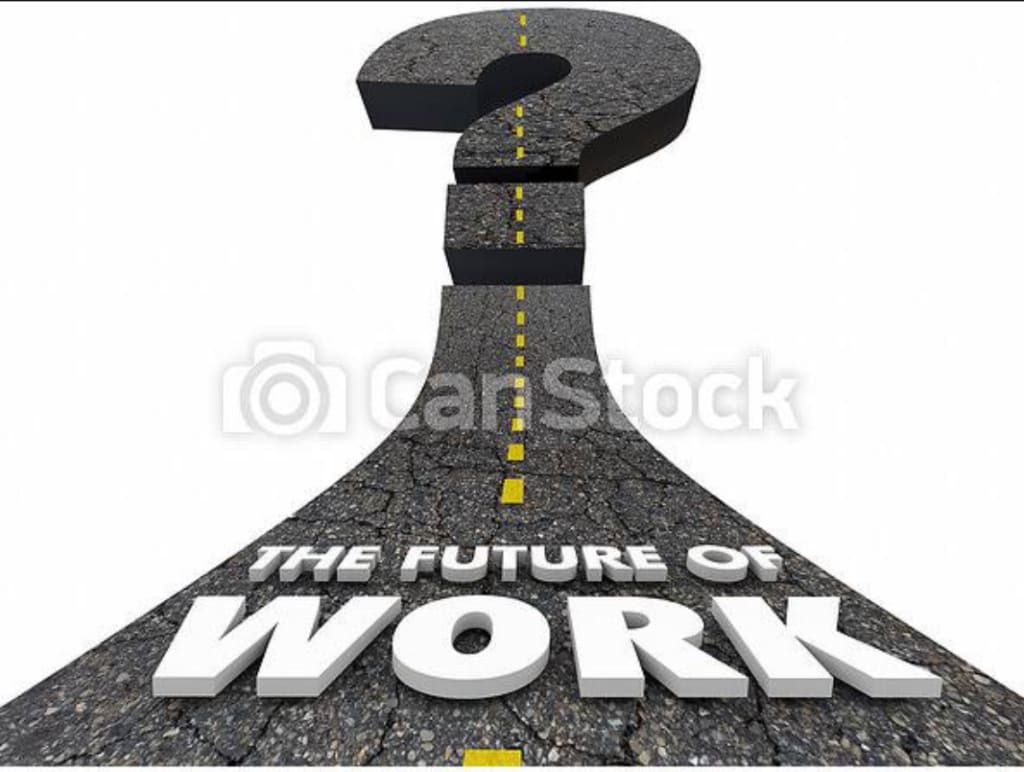
The future of work and employment is an increasingly important topic in today's society as we experience rapid technological advancements and changing economic landscapes. Many predict that the future of work will be vastly different from what we know today, with new technologies and business models transforming the way we work and the types of jobs that are available.
One of the biggest drivers of change in the future of work is the rise of automation and artificial intelligence. These technologies have the potential to revolutionize many industries, reducing the need for human workers in repetitive or low-skill jobs. While this may lead to increased efficiency and productivity, it also raises concerns about job displacement and the potential for widening income inequality.
However, the future of work is not all about automation and job loss. There are also opportunities for new jobs to be created in fields such as cybersecurity, data analysis, and digital marketing. As technology continues to advance, there will be a growing need for workers who can develop, manage, and maintain these systems.
Another significant trend in the future of work is the rise of the gig economy. This refers to the growing number of workers who are self-employed or work as independent contractors, often through online platforms such as Uber or Airbnb. While this type of work offers greater flexibility and autonomy, it also comes with challenges such as lack of benefits, job security, and labor protections.
The gig economy is also changing the way businesses operate, as companies are increasingly relying on freelancers and contractors to complete tasks instead of hiring full-time employees. This allows businesses to be more agile and adapt quickly to changing market conditions, but it also raises concerns about worker exploitation and the erosion of traditional employment relationships.
In addition to these trends, the future of work is also likely to be shaped by broader societal changes such as demographic shifts, globalization, and climate change. As the world's population continues to grow and age, there will be a growing need for workers in fields such as healthcare, education, and social services. At the same time, globalization and international trade will create new opportunities for workers in industries such as logistics, finance, and technology.
Climate change is also expected to have a significant impact on the future of work, as industries such as renewable energy and sustainable agriculture grow in importance. There will also be a need for workers who can help to mitigate the impact of climate change, such as those who work in disaster preparedness and response.
Despite these challenges and opportunities, there are also concerns about the future of work and employment. One of the biggest is the potential for widening income inequality, as some workers benefit from new technologies and business models while others are left behind. There are also concerns about the impact of automation on the job market, with some predicting that up to half of all jobs could be at risk of automation in the coming decades.
To address these challenges, there is a growing consensus that we need to rethink our approach to education and training. This includes a focus on lifelong learning and skills development to ensure that workers are prepared for the jobs of the future. There is also a need to ensure that workers have access to good jobs with fair wages and benefits, as well as protections such as unemployment insurance and workers' compensation.
Overall, the future of work and employment is likely to be characterized by both opportunities and challenges. While automation and the gig economy may transform the job market, there will also be opportunities for new jobs to be created in emerging industries. To ensure that these changes are positive for workers and society as a whole, it will be important to carefully consider the implications of new technologies and business models, and to develop policies that support workers and promote economic opportunity.





Comments
There are no comments for this story
Be the first to respond and start the conversation.